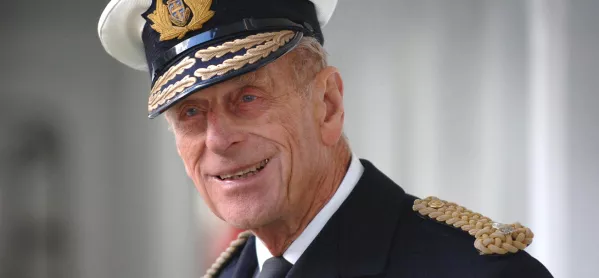Most communities have discovered by experience that happiness depends on keeping to certain standards of thought and behaviour. The usual mechanisms for transferring these standards from one generation to the next are family life and the formal education system.
This works quite well for many, but there are always those unfortunate ones who are left to blunder into adult life with the bare minimum of preparation.
The award was never intended to be part of the formal education system; it is complementary to it. It does not set out to teach particular skills, or to provide academic or professional qualifications. Its purpose is to help young people to gain experience of the most rewarding opportunities open to adults in their non-working lives.
The award’s four sections are designed to encourage young people to discover for themselves the satisfaction of giving service to others; of developing a personal skill; of taking part in a physical activity, and the pleasure of discovering the countryside, or the sea, by planning and executing a challenging expedition.
As each of the sections contains a wide range of options, each participant is able to design their own programme of activities.
It is also hoped that the experience will teach some more general lessons.
It is easy to assume that a modern state will provide everything that its citizens need. Voluntary service to others is one of the characteristics of a civilised state.
A personal skill, or hobby, or interest has always been seen as an essential balance to the business of making a living. It may not appear to be immediately obvious to young people that some form of physical activity might be good for their health. In most cases, participants discover this for themselves.
Planning, training for and undertaking an adventurous expedition, on land or at sea, is a practical demonstration of what can be achieved with a bit of determination and persistence.
There is one further value of the award experience. Most young people are limited in their contacts to their families, their teachers and their contemporaries. The four sections of the award provide an introduction to adults who are anxious to share their enthusiasm for a particular service, skill or physical recreation.
The relationship that develops between young people and their “coaches” is something quite new for participants. These informal contacts make a significant contribution to the process of growing up.




